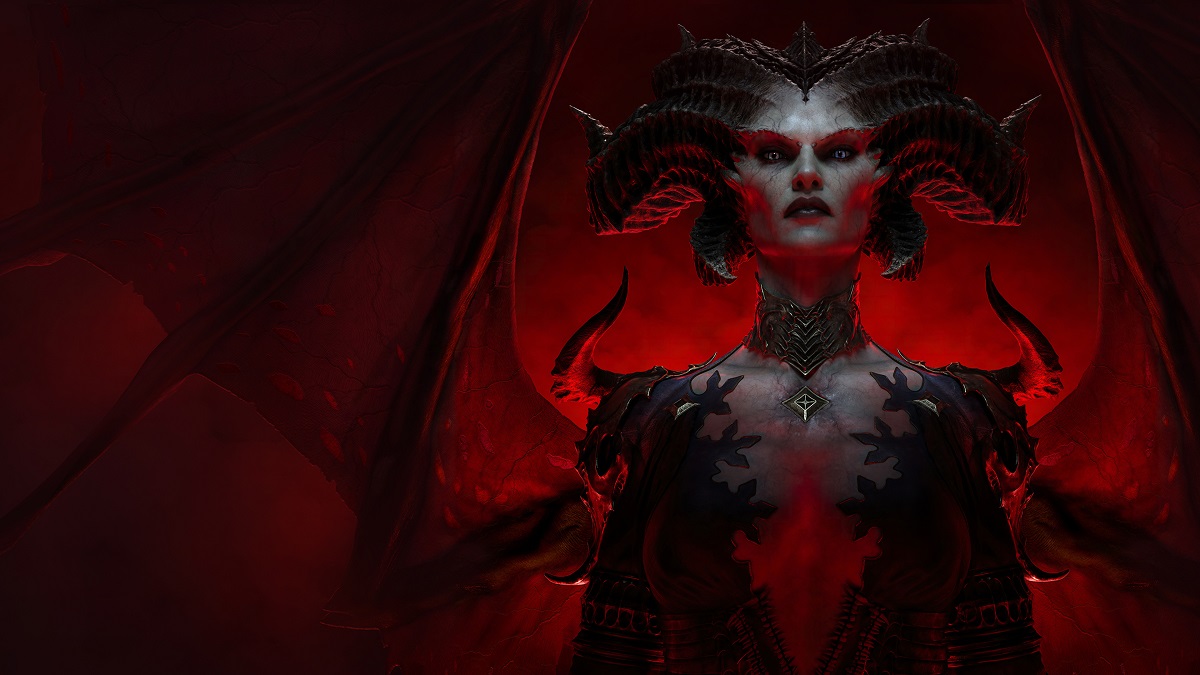As one of the most popular franchises in gaming history, Diablo is in no shortage of ardent gatekeepers who stop at nothing to defend the franchise against its critics. But as it happens, this might also prove to be the role-playing game’s biggest issue at the moment.
With Diablo 4 releasing to unanimous critical acclaim, the Blizzard fandom is back in full force and reigniting all the lost bonfires that fueled their active community. The sequel brings back everything you love in the franchise and expands on all aspects from a technical standpoint, which is why the overwhelming consensus among fans is extremely positive. But that doesn’t mean Diablo 4 is flawless by any stretch of the imagination.
For one thing, a lot of players seem to take issue with the game’s lack of varied boss fights. At some point, all dungeons in Diablo 4 start to look the same, so they won’t keep you around after you’ve finished the main quest as some of the previous installments might have. But seeing as how the majority of gamers are loving this outing, even bringing up those criticisms might force you to face the toxic side of the community.
That brings us to the question a lot of folks are asking: Why is the fandom so toxic when it comes to criticism? Do they know that without it, they wouldn’t get a great game in the first place?
Some think “toxic positivity” has turned into a staple of Blizzard fandoms over the past couple of years, whether we’re talking about World of Warcraft or previous entries in Diablo.
Then there’s the fact that people who reach the finish line tend to agree with the criticisms, so it might take others more time to get there as well.
Diablo IV is far from being flawless, but if it’s going to survive the test of time as a live-service game, then the fandom — and Blizzard, in turn — should be more open to these “nitpicky” appraisals.

